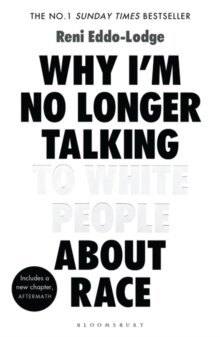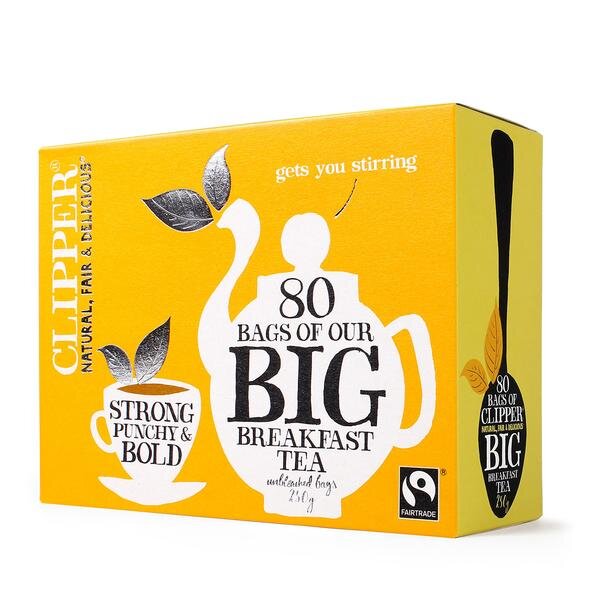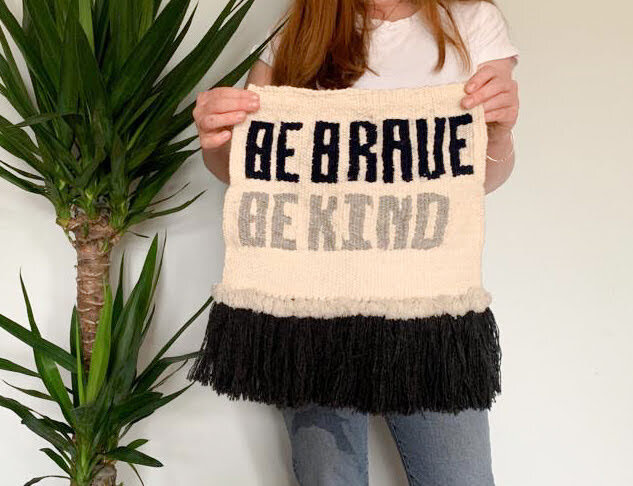Over the last six weeks I have been doing much research into Black lives matter; past, present and future.
I believe that all lives are sacred and all lives are equal but I can see that the society I live in does not treat all lives the same whether it is; disability, race, wealth, faith or gender etc. And I want to find out if how I live cements this inequality? If I can adapt and aid change to enable quality?
Over the last two months discrimination against black lives has finally received a platform in media that it deserves.
This coverage has spurred me to be more active in my research and engage in conversations about race. Below I have listed some of the difficult questions I have been asked during the last two months by friends and family regarding racial discrimination. I have listed the resources I found helpful to unpack their questions and keep the conversation healthy.
For transparency sake I am a white 32 year old woman with British Irish origins. My husband is white, my kids are white and most my friends and colleagues are white. I live in a suburban middle class mainly white area.
I am in-measurably fortunate that I can research racism and have never had to personally experience and live through it.
Click on any of the blue text for direct links.
The #blacklivesmatter movement built momentum in the UK when press coverage on the devastating death of George Floyd during a arrest by an NYPD officer held media headlines.
Here is short documentary which provides a context to the culture within the NYPD that has resulted in the death of Black Men, Woman and children such as George Floyd, Breonna Taylor and Eric Garner and how their community are fighting back.
Setting the scene -BBC I-player NYPD Biggest Gang in New York
A face mask I embroidered to wear for the #blacklivesmatter protest
“Thank goodness racism within the police doesn’t happen in the UK”
I heard a friend make this statement and sadly it isn’t true there is systemic racism embedded in our British culture past and present. Clare Amfo made a very raw and honest speech on radio1extra addressing this issue and then her colleagues Seani B and DJ Ace unpack how they have experienced racism in the UK today and how as black men they find themselves adapting their lives to accommodate racism.
Clara Amfo ‘…you can’t enjoy the rhythm and ignore the blues’
'I am not racist and I don’t understand why anyone would be racist…I don’t even see skin colour’
However admirable this notion is, if the person making the statement is white it neglects too recognise the existence of ‘white privilege’. This statement also negates the corporate social responsibility we each have to stand up against the realities of racism. In the words of Edward Burke.
“The only thing nesseccary for the triumph of evil is for good men to do nothing”
‘Why I am no longer talking to white people about race’ is a great book that discusses how ingrained white privilege is and how its effects ripple into society and how it affects people of colour (also the author explains how exhausting it can be to defend/explain what white privilege is.)
‘How can humanity be so awful?…I am ashamed of what my white race have done…this situation is so hopeless’
When we feel like this I find it helpful to step back and look through history to try and understand how historical events lead us to this place;
The 13th amendment film Netflix but also on youtube
Selma - film about Martin Luther King on BBC
A black history- BBC forgotten history series
Keep Listening
Keep listening to those who are facing the realities of racism and learn from them. Keep learning from the debates, journalism, podcast and books and share that knowledge with those around you. Keep having those conversations and try not to avoid those awkward silences with our friends, family and colleagues.
I highly recommend listening to Bryan Stevenson Ted Talk Bryan offers a really objective clear voice on solutions and how we can change the culture of racial discrimination and create more just society.
I would love to hear what you are listening to and who you are learning from..do email me or comment on the blog/social media post.
‘I want this learning to affect my life practically but how can it when I live in such a white world? How can all this learning affect my life practically?’
Yes I LOVE questions like this!! Being practical is far easier for me than being theoretical… there are three areas where I am putting this learning to affect my life:
1- education
2- petition/ protest/ campaign
3- lifestyle
EDUCATION! I was so inspired to see at the Derby Black lives matter protest that the majority of protesters were so young.
Education in schools is the easiest way to bring change. The UK school curriculum neglects black history and hear you can petition for the government to change their policies so British children are taught about Black children histories, achievements, culture and politics.
-Gov petition too add education on diversity and racism to all school curriculums
-Making the UK education curriculum more inclusive of BAME history
-Teach Britain's colonial past as part of the UK's compulsory curriculum
Petition/Protest/Camaign
#DerbyBlacklivesmatter have been a great platform for defending the rights of Black lives, they organise non violent, safe protests and compile helpful resources.
Other UK protests organised by StanduptoRacism
The Red Card the UKs largest anti racist charity, they educate over 50,000 individuals each year including schools and organisations. If you would like your local school to receive anti racist workshop get in touch with these guys!
Lifestyle
The Textile and Manufacturing chain is notorious for exploiting sexism and racism within its infrastructure. Without going into the nitty gritty of how its exploitation unveils here (although if you want more explanation feel free to email me for resources on this) but focussing on solutions here are two previous links with lots of affordable suggestions to ensure your shopping does not contribute to exploitation.
I would love to hear what you are listening to and learning. Or how this is effecting you? Past or present. Feel free to add any resources you have found helpful in the below comment box.
Lets keep learning and listening together x


















